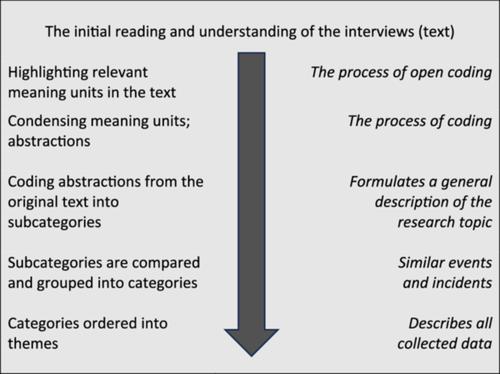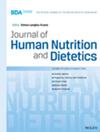Patients' experiences of dietary changes during a structured dietary intervention for irritable bowel syndrome
Abstract
Background
Diet plays an important role in management of gastrointestinal (GI) symptoms in patients with irritable bowel syndrome (IBS). Restrictive diets have gained popularity as treatment for IBS, but no studies have examined the patients' experiences of implementing such diets. Thus, the present study aimed to explore the experience of patients with IBS undergoing a structured dietary intervention.
Methods
Using inductive content analysis, semi-structured interviews were conducted in 19 patients with IBS, who were recruited from a randomised controlled trial evaluating two different restrictive diets for 4 weeks: a diet low in total carbohydrates; and a diet low in fermentable oligo-, di- and monosaccharides and polyols (i.e., FODMAP) combined with traditional IBS dietary advice.
Results
Three main themes developed from the qualitative analysis and together they describe the dietary intervention as supportive, as well as the dietary changes as challenging and contributing to reflection. Patients found the dietary support effective in both initiating and adhering to their dietary changes. Despite the support, the implementation of the diet was perceived as challenging when it interfered with other important aspects of their lives. However, going through the dietary change process, the patients began to reflect on their eating behaviours, which enabled individual dietary adjustments. The adjustments that patients maintained were not only a result of alleviation of GI symptoms, but also based on personal preferences.
Conclusions
Patients with IBS undergoing restrictive diets appear to benefit from structured support. However, considering the individual patient's life situation and personal preferences, individualised dietary options should be encouraged to achieve long-term dietary changes.


 求助内容:
求助内容: 应助结果提醒方式:
应助结果提醒方式:


